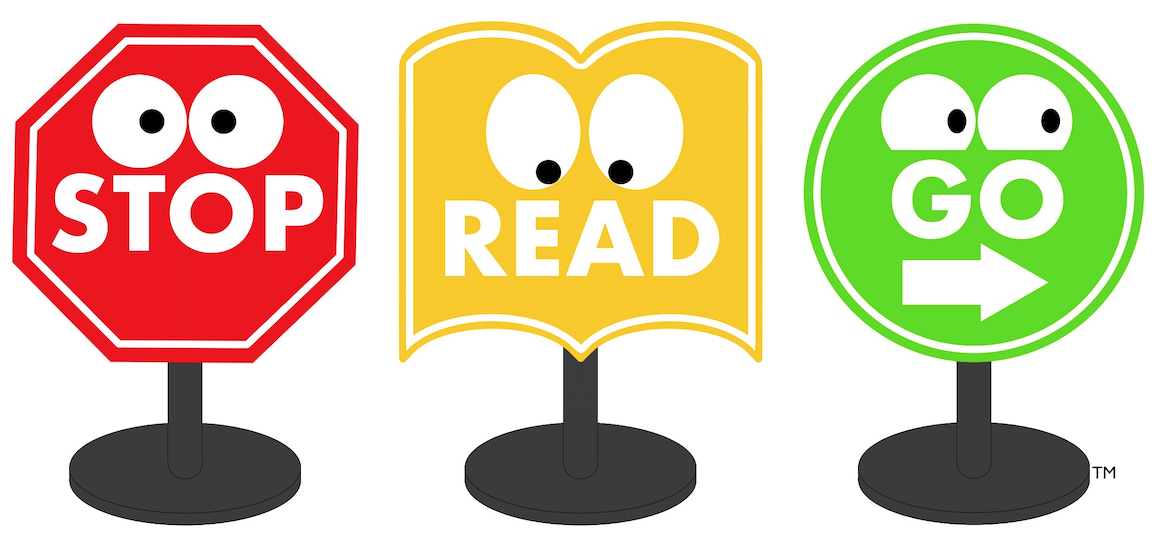When we are born, our brain starts asking the senses for information about the external world. Whenever we touch, see, taste, hear or smell something, our little brain starts to record all that information and process it.
As part of our survival instinct, we adapt and learn to survive in this new environment. We quickly acquire new skills by observing and imitating others. But we do so in order to survive (which could include walking, talking, eating). We don’t do it just to learn a random skill without any clear objective.
You can easily see this with a baby or a toddler, every action must have a reaction, every cause has to have an effect. But as they grow, adults start to put abstract rules without explaining their reasoning, teachers start demanding kids to blindly follow certain instructions or routines, or memorize certain words or calculations, while at the same time discouraging questions and mistakes.
And so, children become passive learners, learning just for the sake of learning (the cause) and to avoid judgement or punishment (the effect) or to get an artificial reward. As opposed to active learners who enjoy and see a purpose of learning and intentionally seek the answers to their questions. Knowledge becomes the reward itself.
It is so easy to get lost in the learning method, that we forget what is the goal of learning. Even as adults, we think we are working to have a life, but end up living to have a job, a job we don’t even enjoy.
Instead of telling children that the reason they go to school is so they can learn to read, write and count, we should show them why these methods were created in the first place and their purpose. After all, learning these skills are not the objective, just a means to a goal.
We learn these skills so we can understand our environment and ourselves, so we can also manipulate it and improve it. But most importantly, that these skills are better learned through exposure and experience, not by rote memorization, lacking any meaning or purpose, and not just to get a good grade.
I believe one of the reasons many children lose the excitement of learning and discovering is because we give them the answers before they even have a chance to ask the questions. Later on, when they encounter these concepts in real life, they feel ashamed of asking the “obvious” questions, assuming they should already know the answers.
It is like revealing the answer behind a magic trick. Once someone gives away the trick, it loses its magic. However, the opposite happens when we first see the magic trick, and we start wondering and tinkering in an attempt to break the code. This excitement, this curiosity is what takes us in a journey to explore and learn for pleasure as opposed to obligation.
And so, it’s wrong and potentially damaging to tell a child that the goal of learning is to get good grades, to get into a good college and to find a good job. All of these things focus on the how, instead of the why. If you give them the why, they will figure out the how.

So before we start teaching children HOW to read, write and count, we should show them the WHY to read, write and count. Give them meaning and purpose, without the artificial rewards or punishments.
This is what makes us humans, not robots. Robots can follow certain repetitive steps with no clear view of the whole picture or the end goal. But humans have vision and always eager to make their lives easier and better than the day before or the generations before them.
If we treat humans as robots, then we are removing that very essence that makes us human. What is the point of learning to use a hammer, if we have no idea what to build with it. We might end up causing more destruction than construction with it.
Note: I love to use analogies, in case you haven’t notice ;).
Don’t forget to check out the Blog and Shop for more ideas, tips and inspiration to incorporate learning into your child’s daily life. Because learning and life should be combined, not separated.
